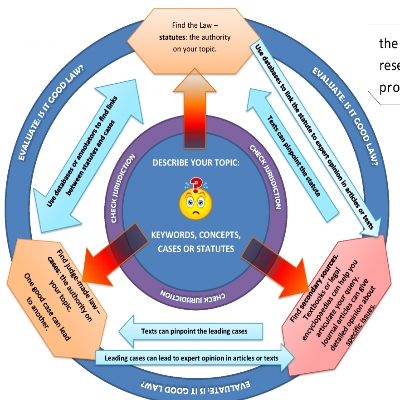The legal process is a complex and intricate system that governs our society. Whether you find yourself embroiled in a legal dispute or simply seeking to understand how the legal system operates, it is crucial to gain insights into the legal process. This article aims to shed light on the various aspects of the legal process, providing readers with a better understanding of its intricacies.
Understanding the Legal Process:
The legal process encompasses a series of steps and procedures that are followed in resolving legal disputes. It is a structured framework within which legal matters progress, ensuring fair treatment, due process, and the rule of law. While legal processes may vary depending on the jurisdiction and nature of the dispute, certain fundamental principles remain consistent.

The Importance of Legal Process:
The legal process ensures that justice is served and disputes are resolved in an organized and impartial manner. It provides a framework for parties involved to present their arguments, evidence, and receive a fair and impartial judgment. Furthermore, the legal process promotes accountability, safeguards individual rights, and upholds the principles of a functioning democratic society.

Steps in the Legal Process:
- Investigation and Consultation: The legal process begins with an investigation into the case, where parties involved consult with legal professionals to understand their rights, responsibilities, and potential outcomes. This step is crucial as it sets the foundation for strategic planning and decision-making.
- Pleadings: Pleadings are formal documents filed by both parties involved in the case. These include the complaint, answer, counterclaims, and cross-claims. Pleadings outline the respective positions, allegations, and defenses of the parties, setting the stage for further legal action.
- Discovery: Discovery allows parties to gather relevant information, evidence, and facts related to the case. It can involve methods such as depositions, interrogatories, requests for production of documents, and requests for admission. Discovery aids in uncovering crucial information that may help build or challenge a case.
- Pre-Trial Motions: Pre-trial motions are legal requests made to the court before the trial takes place. These motions address various issues such as dismissal of the case, evidence admissibility, and requests for summary judgment. Pre-trial motions help streamline the legal process by addressing key matters prior to the trial.
- Trial: The trial is often considered the centerpiece of the legal process. It is an opportunity for parties to present their case, question witnesses, and provide evidence in support of their arguments. The trial is presided over by a judge, who ensures that proper procedures are followed and carries out rulings.
- Alternative Dispute Resolution (ADR): ADR methods such as mediation or arbitration offer parties an opportunity to resolve their disputes outside of court. These processes can be less adversarial, faster, and cost-effective compared to a full trial. ADR allows parties to engage in negotiations and find mutually acceptable resolutions.
- Judgment and Appeals: Once a judgment is made, parties are legally bound by the court’s decision. However, it is important to note that the legal process also includes options for appeal if either party believes that errors occurred during the trial or legal proceedings. Appeals allow for a review of the judgment by a higher court.
Conclusion:
The legal process serves as the foundation for the fair resolution of legal disputes. By familiarizing ourselves with the steps involved in the legal process, we gain a better understanding of our rights, responsibilities, and opportunities for justice. Seeking legal advice and guidance from experienced professionals is crucial to navigate this intricate system successfully.











